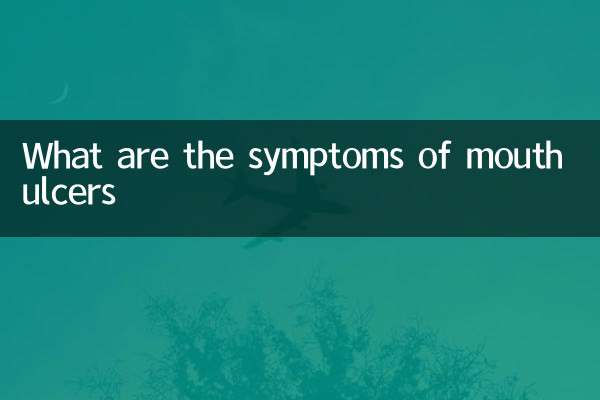What not to eat after laparoscopic surgery: A complete guide to postoperative dietary taboos
Laparoscopic surgery, as a minimally invasive surgical method, is widely used in various abdominal surgeries due to its advantages of small trauma and fast recovery. However, postoperative dietary management is critical to recovery. This article will combine the hot health topics on the Internet in the past 10 days to provide you with a detailed analysis of dietary taboos after laparoscopic surgery and provide structured data reference.
1. Why is postoperative diet so important?

Although laparoscopic surgery is less invasive, it still has a certain impact on the digestive system. Improper diet after surgery may cause discomfort such as abdominal distension, nausea, and vomiting, and even affect wound healing. Reasonable avoidance of taboo foods can effectively promote recovery.
2. List of foods that must not be eaten after laparoscopic surgery
| food category | specific food | Reason for prohibition |
|---|---|---|
| spicy food | Chili pepper, Sichuan peppercorns, mustard, ginger, garlic, etc. | Irritates the digestive tract and may cause inflammation |
| high fat food | Fatty meat, fried foods, cream products | Increase digestive burden and delay recovery |
| Gas-producing foods | Beans, onions, broccoli, carbonated drinks | causing abdominal bloating and discomfort |
| Raw and cold food | Sashimi, ice cream, cold drinks | Stimulates the gastrointestinal tract and affects the recovery of digestive function |
| Alcohol | All alcoholic beverages | Affects drug metabolism and delays wound healing |
3. Phased diet suggestions
| recovery stage | duration | Recommended diet | taboo foods |
|---|---|---|---|
| Early postoperative period | 1-3 days | Liquid food (rice soup, clear soup) | all solid food |
| mid recovery | 4-7 days | Semi-liquid food (porridge, rotten noodles) | Crude fiber, high-fat food |
| Late recovery | 1-2 weeks later | Soft, easily digestible food | Spicy, cold, gas-producing foods |
4. Frequently Asked Questions about Postoperative Diet
Q: Can I drink coffee after surgery?
A: It is not recommended to drink coffee within 1-2 weeks after surgery. Caffeine may irritate the gastrointestinal tract and affect recovery.
Q: When can I eat fruit?
A: You can start eating peeled and seeded warm fruits, such as apple puree, bananas, etc. 3 days after surgery. Avoid acidic fruits such as citrus.
Q: Do I need to supplement protein after surgery?
A: Yes, but you need to choose high-quality protein that is easy to digest, such as fish, chicken breast, tofu, etc., and gradually add it after 3 days after surgery.
5. Postoperative dietary precautions
1. Follow the principle of "small and frequent meals", 5-6 meals a day, each meal should be small
2. Chew food thoroughly to reduce digestive burden
3. Maintain adequate hydration, but avoid drinking large amounts of water
4. Pay attention to your body’s reaction and make timely adjustments if you feel any discomfort.
6. Hot discussion on the Internet: New perspectives on postoperative diet
New perspectives on post-operative diet that have been hotly discussed on the Internet recently include:
- Probiotic supplementation helps restore intestinal flora after surgery
- Collagen peptides promote wound healing
- The effect of a low FODMAP diet on reducing postoperative bloating
However, these new views still need to be supported by more clinical evidence, and patients are recommended to make dietary adjustments under the guidance of a doctor.
Summary:Dietary management after laparoscopic surgery is a critical part of the recovery process. Only by strictly abiding by dietary taboos and gradually adjusting the diet structure can the surgical effect be ensured and the body recover quickly. If there are special circumstances, please be sure to consult the attending physician.

check the details

check the details